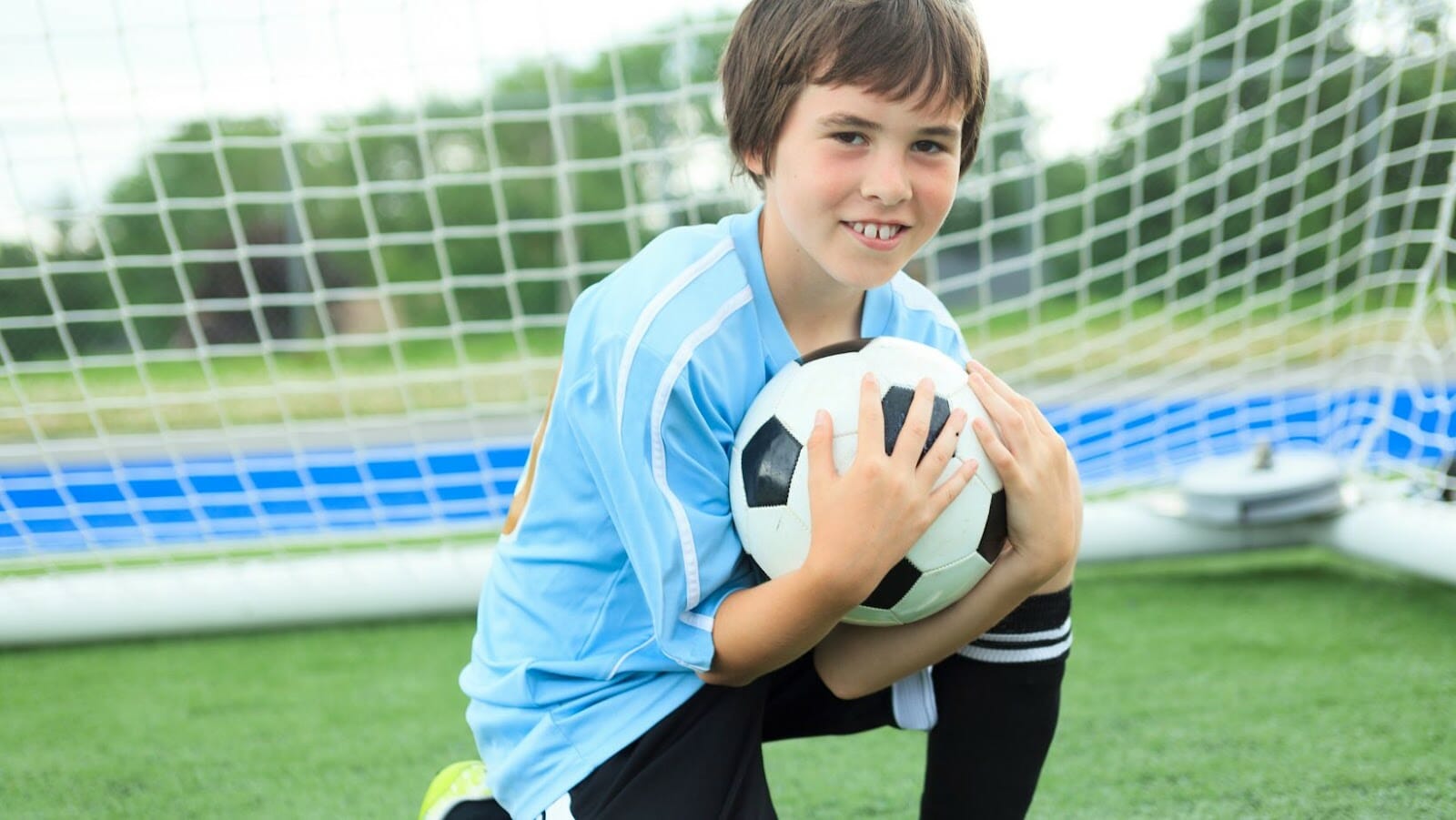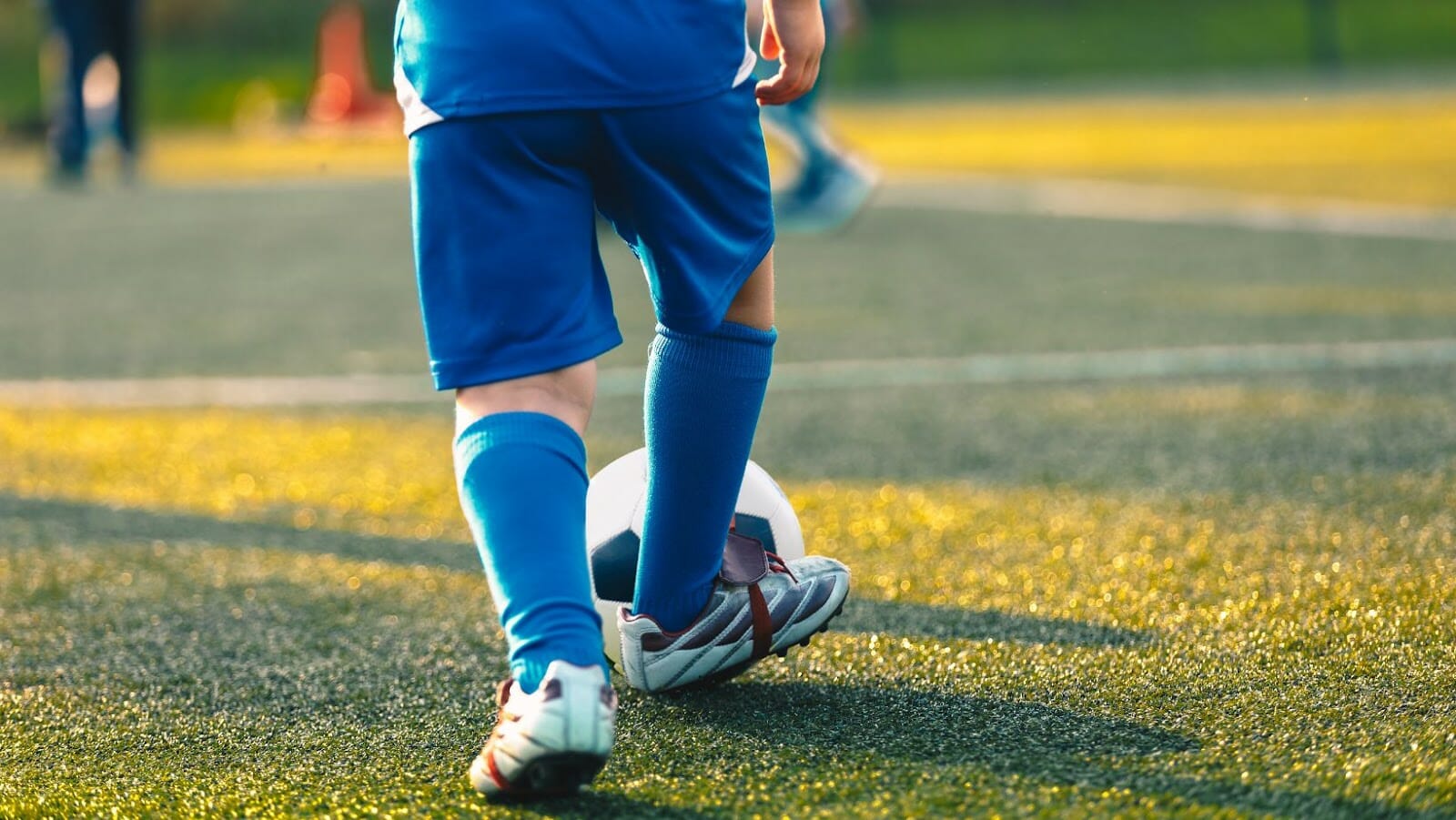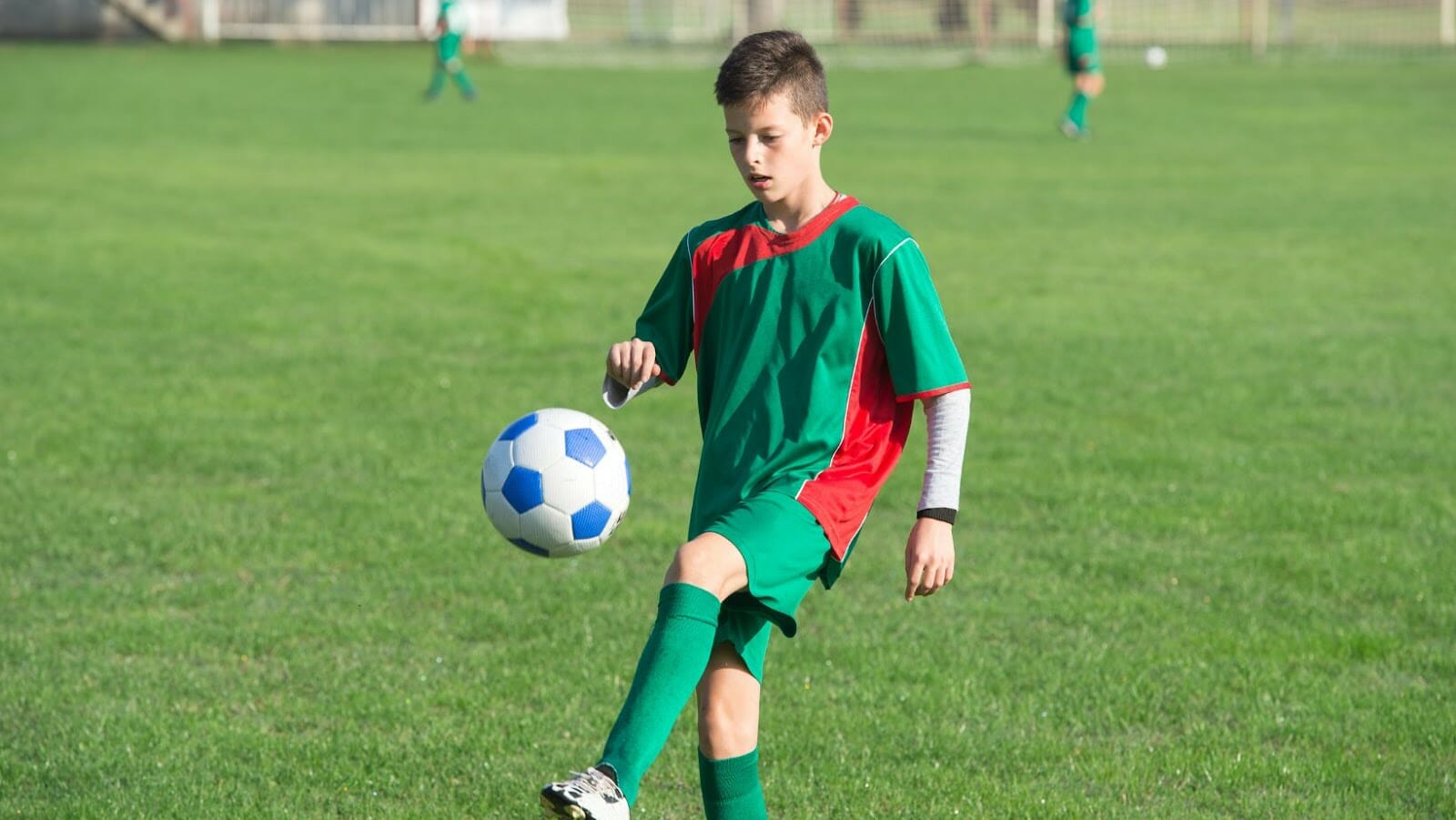
Becoming a professional football player is every child’s dream, but how do you help your child achieve that dream? It is more complicated than you think. It takes hard work and dedication, not only from the child but also from the parents.
If you are willing to put in the effort to help your child achieve their dream of becoming a professional footballer, here are some tips to get them started on the right path.
Kids Should Play More Than One Sport
One of the best things you can do for your child is to make sure they play more than one sport. Kids who play multiple sports are more likely to stay in shape, develop a wide range of social skills, and gain better hand-eye coordination. As a bonus, kids also learn how to be part of a team, which will help them in any future career they choose.
When looking at different sports options for your child, make sure you choose ones that complement each other. For example, if you want them to become a professional football player but also enjoy basketball and swimming, then it would be wise for them to participate in these three activities and work out with their friends.
Find the Right Soccer Training Programs
One of the most important things you can do is find the right soccer training programs for your child. It is usually done through a local soccer club or coach that offers a wide range of courses and services. However, many other options are available, including online resources and individual trainers.
Good soccer training programs will help your child develop skills and techniques by focusing on critical areas such as dribbling, passing, and shooting. They’ll also teach him how to defend himself against opponents who want to steal the ball away from him. These lessons may seem basic at first glance, but they’re much more complicated.

It will help your child build his confidence during games by giving them positive feedback when making good plays even if no one else notices them except for you two. That way, they will feel good about themselves even though everyone else might not be paying attention.
Finally, many young players lose stamina pretty quickly when playing matches because there’s so much activity going on during each session. It includes running around trying out different moves or trying new strategies against older players. So, we recommend having multiple weekly sessions where there isn’t too much physical activity involved.
Focus on Soccer Skills and Technique Training
The focus of the practice should be on soccer skills and technique training. As you know, many different types of football players play different positions on the field. Some players have good ball control, while others are fast or have powerful kicks. It is essential to practice these soccer skills so that they can become natural parts of your game.
When practicing soccer skills, it’s best to start by focusing on one skill at a time instead of trying to do multiple drills at once. This way, your child will be able to learn each skill more effectively and improve each area in the game.
For example, if they’re working on dribbling with the ball in front of them, don’t worry about passing or shooting. Once they feel confident with dribbling, they move on to passing/shooting or defending together.
Practicing techniques such as headers helps develop strength without having contact with another player, unlike tackles which could cause injury—especially when tackling someone much stronger. But no matter how hard we try, not all injuries can be avoided entirely, so ensure everyone wears appropriate protective gear such as shin pads and elbow guards whenever possible.
In The Off-Season, Do Other Activities and Sports
In the off-season, your child should participate in other sports and activities. These activities will help develop their muscles, improve their agility, and build their endurance. It’s essential to have them do something they enjoy so that it won’t feel like they are losing time playing a sport they aren’t passionate about.
The off-season training should not be sports-specific because it is essential to work on other areas of fitness such as speed, strength, and conditioning so that your child can be prepared for competition season when it comes around again.
Have Your Kids Join an Elite Youth Soccer Team
Elite youth soccer teams can be found in most cities, but if your child wants to play in an elite program, you should know a few things. The first thing to remember is that the best youth soccer teams often cost more than your average recreational league. You may consider paying extra for training with other competitive players if your child has the talent and drive necessary to make it into an elite team.

If you decide on a competitive team, look at their financial policies before signing up. Some clubs charge their players dues every season, while others require one-time registration fees only. If possible, sign up for a club that offers scholarships or tuition assistance because these programs could save hundreds or even thousands of dollars over time.
Provide Your Child with Proper Nutrition
The right nutrition is essential for athletes, as it can help keep your child’s body functioning at its highest level. Proper hydration should be a top priority, with water being the essential drink to consume while playing sports. Water helps the muscles stay hydrated and recover after a workout or game, allowing them to perform better in their next practice or game.
Proper eating habits are also crucial for young athletes who want to become professional football players someday. Before practicing or playing games, children should eat foods rich in carbohydrates that are quickly digested and easily converted into energy for their bodies.
It includes food like bananas and peanut butter sandwiches on whole wheat bread because they provide complex carbohydrates which will provide sustained energy throughout practice sessions or game time.
In addition to hydration and balanced meals, paying attention to your child’s nutritional needs during growth spurts is important. Many parents are now choosing formulas like Kendamil Goat toddler milk, especially during their toddler age, which is formulated without GMOs, maltodextrin, or artificial sugars and uses premium-quality goat’s milk. Opting for such nutrient-rich alternatives can support healthy development, fuel activity levels on and off the pitch, and provide essential vitamins and minerals young athletes need as they train.
Bottomline
There is no guarantee that your child will become a professional footballer. The process is long, arduous, and requires a lot of hard work. But with the right attitude, training, and support from you and their coaches, they can become the best player they can be.
And even though this might not result in them becoming pro players one day, they can still develop into well-rounded individuals.






